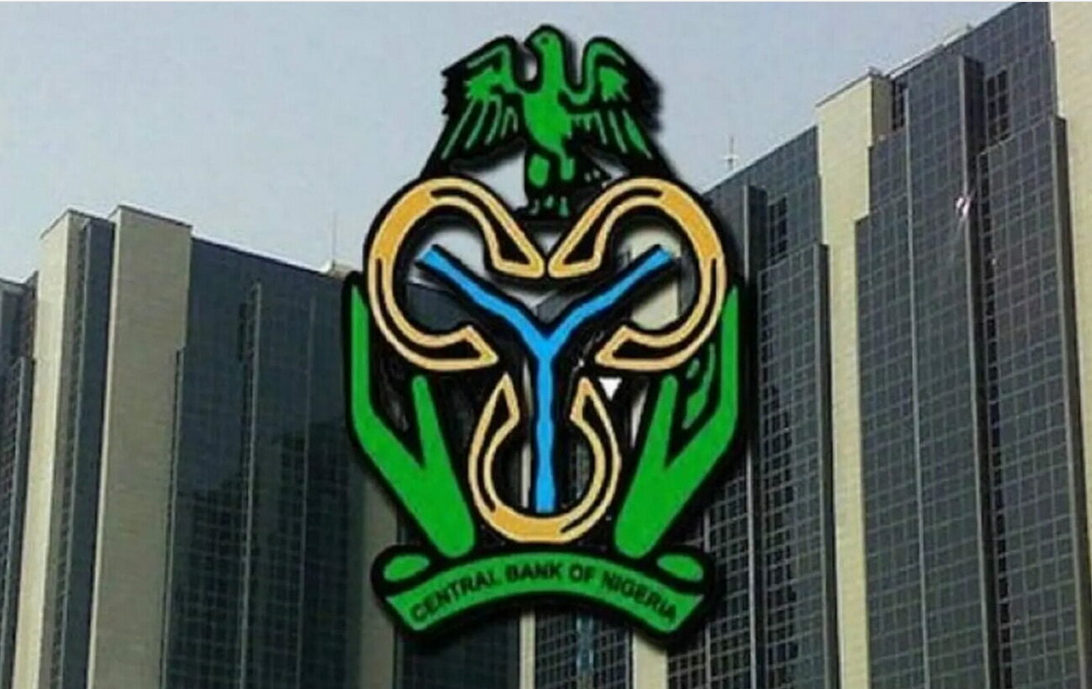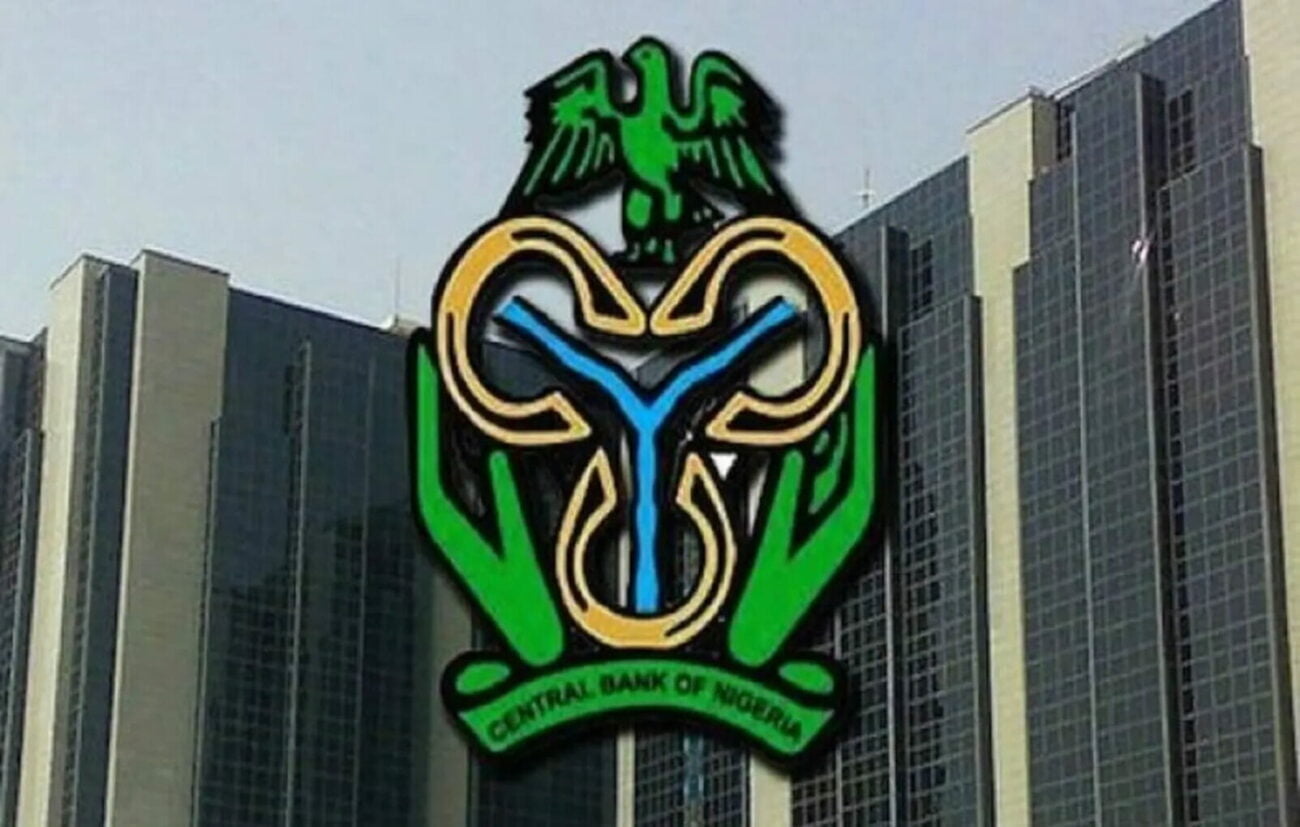A prominent socio-cultural organization, The Northern Elders Forum (NEF), has kicked against the Central Bank of Nigeria’s decision to impose a cybersecurity levy on bank customers.
In a statement signed by the NEF’s Director of Publicity and Advocacy, Abdul-Azeez Suleiman, the forum expressed its dissatisfaction with the policy.
They cited the escalating costs associated with banking transactions as a result of multiple charges.
The NEF criticised the CBN’s directive as arbitrary, illegal, and out of touch with the realities faced by Nigerians. The forum called on the government to reconsider the policy and explore alternative measures to ease the financial strain on individuals while still promoting the use of electronic payments.
The NEF pointed out that the introduction of cybersecurity levies, in addition to existing fees such as stamp duty, transfer fees, value-added tax, and SMS charges, has placed an unbearable financial burden on individuals engaging in electronic transactions.
The forum highlighted the various charges that bank customers now face, including cybersecurity levies ranging from ₦5 on ₦1,000 to ₦50,000 on ₦10,000,000 transactions, transfer fees, stamp duty, and value-added tax. These additional costs have significantly increased the overall expense of electronic transactions for both senders and receivers.
While acknowledging the importance of cybersecurity in safeguarding electronic transactions, the NEF emphasized the need for a more balanced approach that ensures the costs of security measures are reasonable and do not excessively burden bank customers.
The NEF said that in a country already grappling with economic challenges and hyperinflammatory conditions, the additional financial burden imposed by the cybersecurity levy is unjust and unfair, and urged the government and relevant stakeholders to find a sustainable solution that strikes a fair balance between enhancing cybersecurity and alleviating the financial strain on the Nigerian populace.
“It is imperative that the administration takes into account the concerns raised by a vast majority of Nigerians and prioritises policies that protect the interests of the people while also fostering economic growth and development.”


